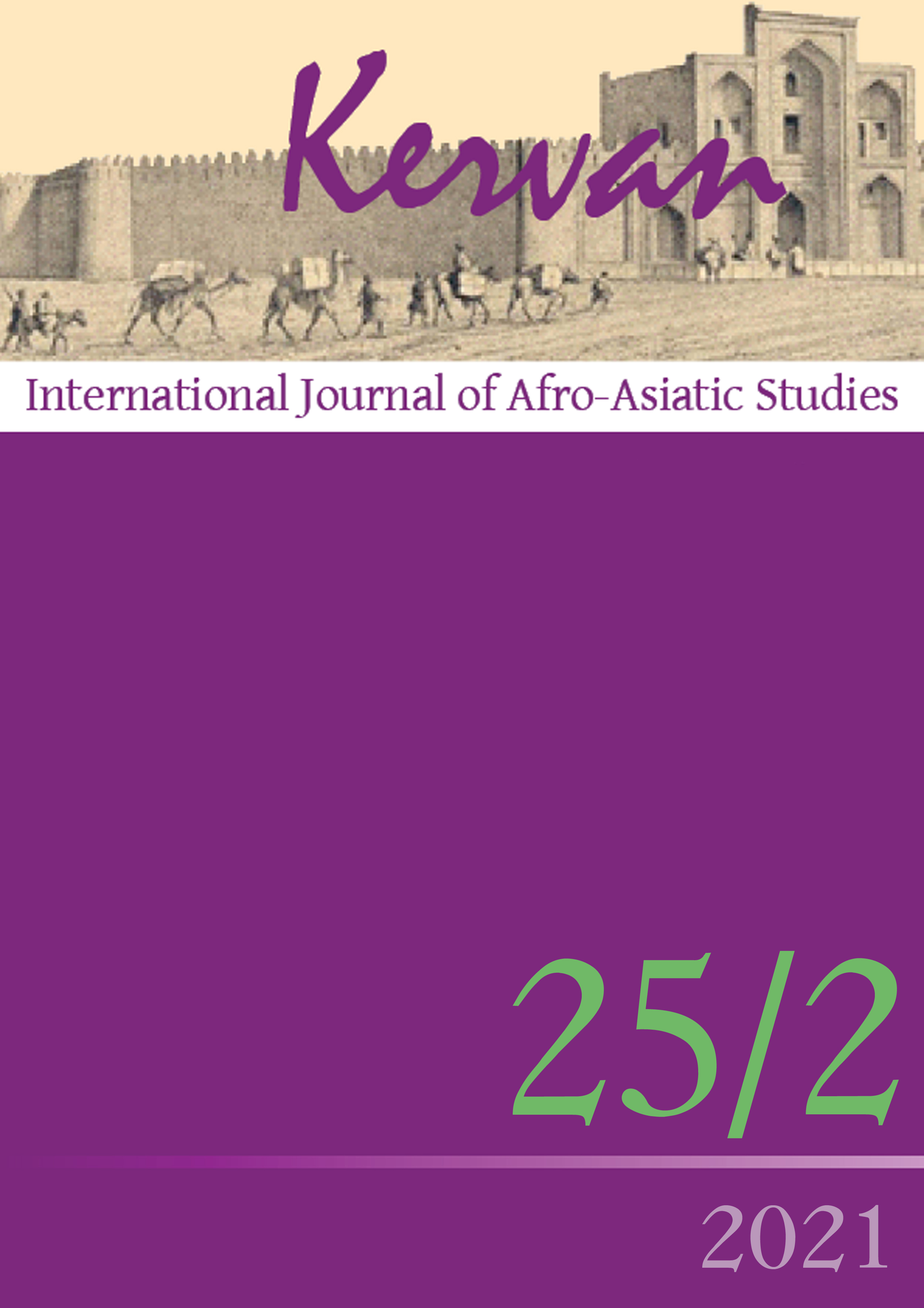Biomachines, metal bodies and masochistic masculinity in post-war Japan
DOI:
https://doi.org/10.13135/1825-263X/6117Abstract
Advances in technoscience and biotechnology have blurred the boundaries between body and matter, emphasising the urgency of rethinking the intertwining of anthropocentrism, Eurocentrism and androcentrism. This repositing also involves the relationship between the subject and technological otherness. For example, in the representation of cyborgs, Donna Haraway identifies the metaphor of overcoming biological determinism. Simultaneously, in cinematic and literary imagery, cybernetic bodies end up representing contemporary society’s changes, fears and desires, exploring new paradigms of subjectivity.
This paper focuses on cyborg identities in Japanese imagery through the novels Kachikujin Yapoo (Yapoo the Human Cattle, 1956) by Shōzō Numa, Nippon Apacchi Zoku (The Japanese Apache Tribe, 1964) by Komatsu Sakyō and the film Tetsuo (Iron Man, 1989) by director Tsukamoto Shin'ya. Each of these works presents the search for transhuman and post-human subjectivities in Japanese science fiction imagery from the post-war to the postmodern period and share a masochistic representation of male bodies deeply interwoven with the question of identity. Starting from Tatsumi Takayuki’s theorization of «creative masochism» and referring to the Deleuzian view on masochism, the aim of this paper is to investigate the connections between male masochism and Japanese cyborg imagery of the post-war period.
Downloads
Downloads
Published
Issue
Section
License
Gli autori che pubblicano su Kervan accettano le seguenti condizioni:
- Gli autori mantengono i diritti sulla loro opera e cedono alla rivista il diritto di prima pubblicazione dell'opera, contemporaneamente licenziata sotto una Licenza Creative Commons - Attribuzione che permette ad altri di condividere l'opera indicando la paternità intellettuale e la prima pubblicazione su questa rivista.
- Gli autori possono aderire ad altri accordi di licenza non esclusiva per la distribuzione della versione dell'opera pubblicata (es. depositarla in un archivio istituzionale o pubblicarla in una monografia), a patto di indicare che la prima pubblicazione è avvenuta su questa rivista.


 The articles that have appeared on Kervan since 2016 are rated as Class A in the system of National Scientific Qualification (ASN, disciplines 10/N1 and 10/N3).
The articles that have appeared on Kervan since 2016 are rated as Class A in the system of National Scientific Qualification (ASN, disciplines 10/N1 and 10/N3). The journal has been approved for inclusion in DOAJ. The DOAJ listing of the journal is available at
The journal has been approved for inclusion in DOAJ. The DOAJ listing of the journal is available at  The journal has been approved for inclusion in ERIH PLUS. The ERIH PLUS listing of the journal is available at
The journal has been approved for inclusion in ERIH PLUS. The ERIH PLUS listing of the journal is available at  Kervan was just accepted for indexing in SCOPUS. This important milestone ensures that articles published in Kervan are easily found when searching for library, archives and Information science and it enables Kervan authors to keep track of how often their article has been cited by others.
Kervan was just accepted for indexing in SCOPUS. This important milestone ensures that articles published in Kervan are easily found when searching for library, archives and Information science and it enables Kervan authors to keep track of how often their article has been cited by others.
